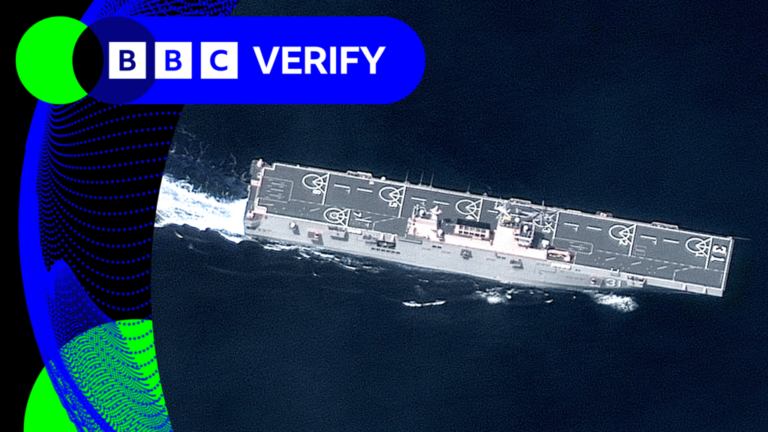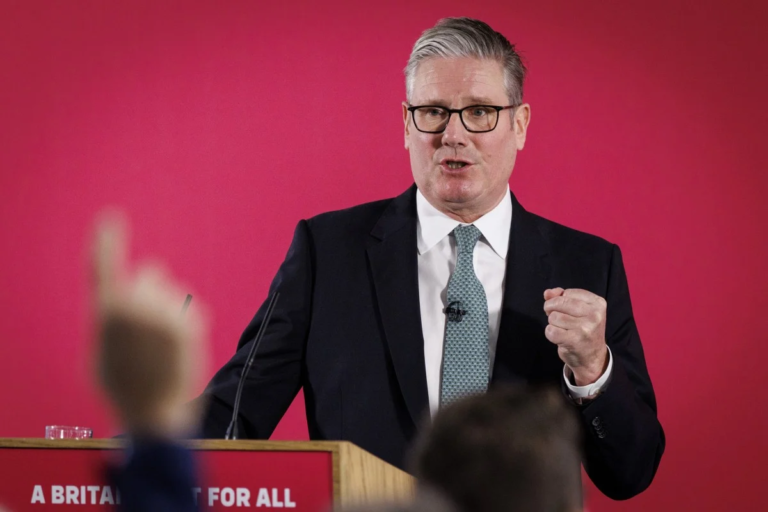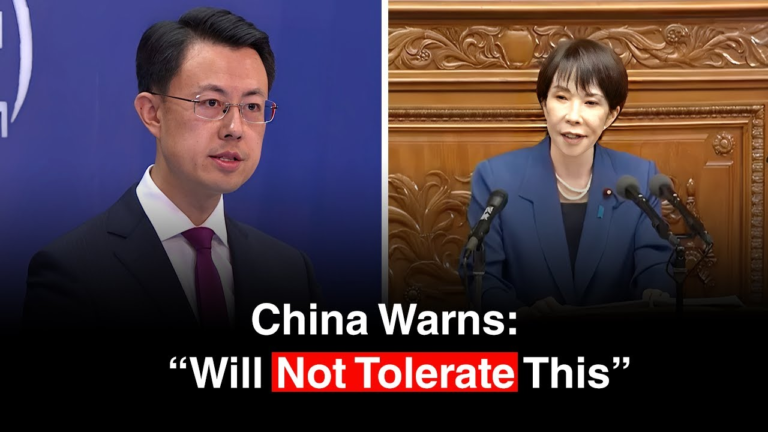
The Global Cooperation and Training Framework (GCTF) of Australia, Canada, Japan, Taiwan and the United States is celebrating its 10th anniversary as a capacity-building platform that also allows Taipei to contribute to international affairs and share expertise on mutual concerns with like-minded partners.
The forum’s June 2025 workshop on humanitarian assistance and disaster response drew 150 senior government officials, aid professionals and private sector leaders from 34 countries, the American Institute in Taiwan (AIT) said. Topics included the role of nongovernmental organizations (NGO), public-private collaboration in building disaster resilience, and applying advanced technologies such as artificial intelligence in early warning systems, according to AIT, which maintains U.S. relations with Taiwan.
The GCTF, along with Taiwan’s Foreign Affairs Ministry, also hosted 264 participants from 30 countries for a March 2025 workshop on planning and building whole-of-society resilience. Taiwan President Lai Ching-te is advancing that strategy to better prepare the island’s 23 million residents for natural and human-made crises, including the threat of blockade or invasion by Chinese Communist Party (CCP) forces.
The CCP claims Taiwan as its territory and threatens to annex the self-governed island by force. It has expanded its coercive and deceptive tactics, including conducting military drills encircling the island and simulating a blockade.
AIT and the Taipei Economic and Cultural Representative Office in the U.S. founded the GCTF in June 2015, and Australia, Canada and Japan joined later. Part of the group’s mission — to enhance Taiwan’s multilateral cooperation — has grown in importance as China blocks Taipei from participating in international forums. Beijing stepped up its aggressive efforts to isolate Taiwan and impede its international participation after candidates from Taiwan’s Democratic Progressive Party won the presidency in 2016.
China is accused of deliberately misinterpreting a 1971 United Nations resolution in order to block Taiwan’s right to participate in global bodies even though the resolution does not mention Taiwan, does not state that Taiwan is part of China and does not authorize Beijing to represent Taiwan in U.N. agencies.
China blocks Taiwan’s attempts to participate as an observer in the World Health Organization and the International Civil Aviation Organization, and it successfully pressed the six-nation Central American Parliament in 2023 to expel Taiwan from the observer status it had held for about 25 years.
“This effort has gone to ridiculous and extreme lengths, including successfully pressuring the U.N. to deny private citizens access to U.N. headquarters because they have [Taiwan] passports,” the U.S.-based Heritage Foundation reported in 2024. China also has blocked applications from NGOs “seeking consultative status with the U.N. unless they ‘explicitly recognize Tibet and Taiwan as integral parts of Chinese territory.’”
By contrast, U.S. lawmakers in June 2025 advanced a measure supporting Taiwan joining the 191-nation International Monetary Fund given Taipei’s stature in the global economy.
To mark the GCTF’s anniversary, the members issued a statement affirming Taipei’s global role: “At a time when Taiwan’s international participation remains constrained, the GCTF remains a vital platform for sharing Taiwan’s expertise, strengthening likeminded cooperation, and forging new partnerships to address common challenges.”





